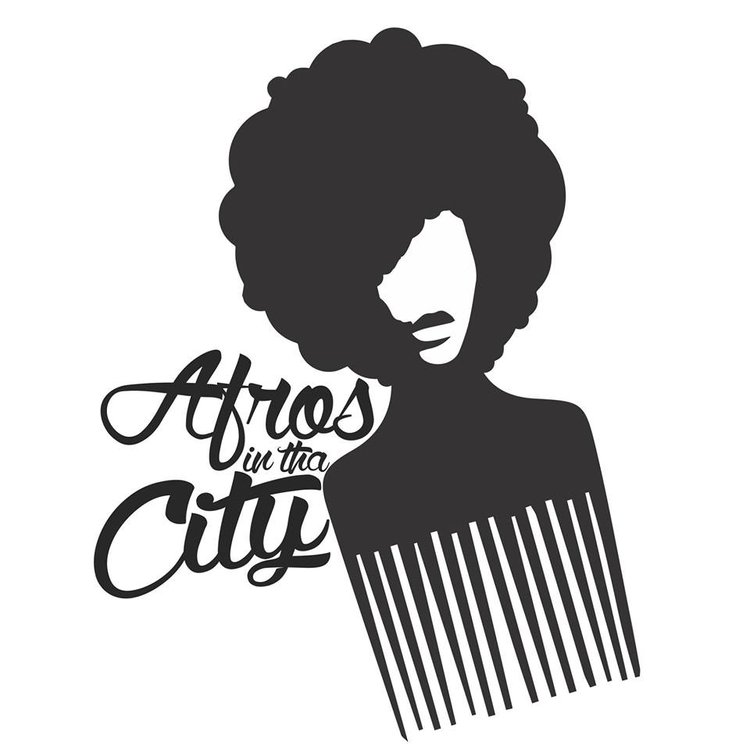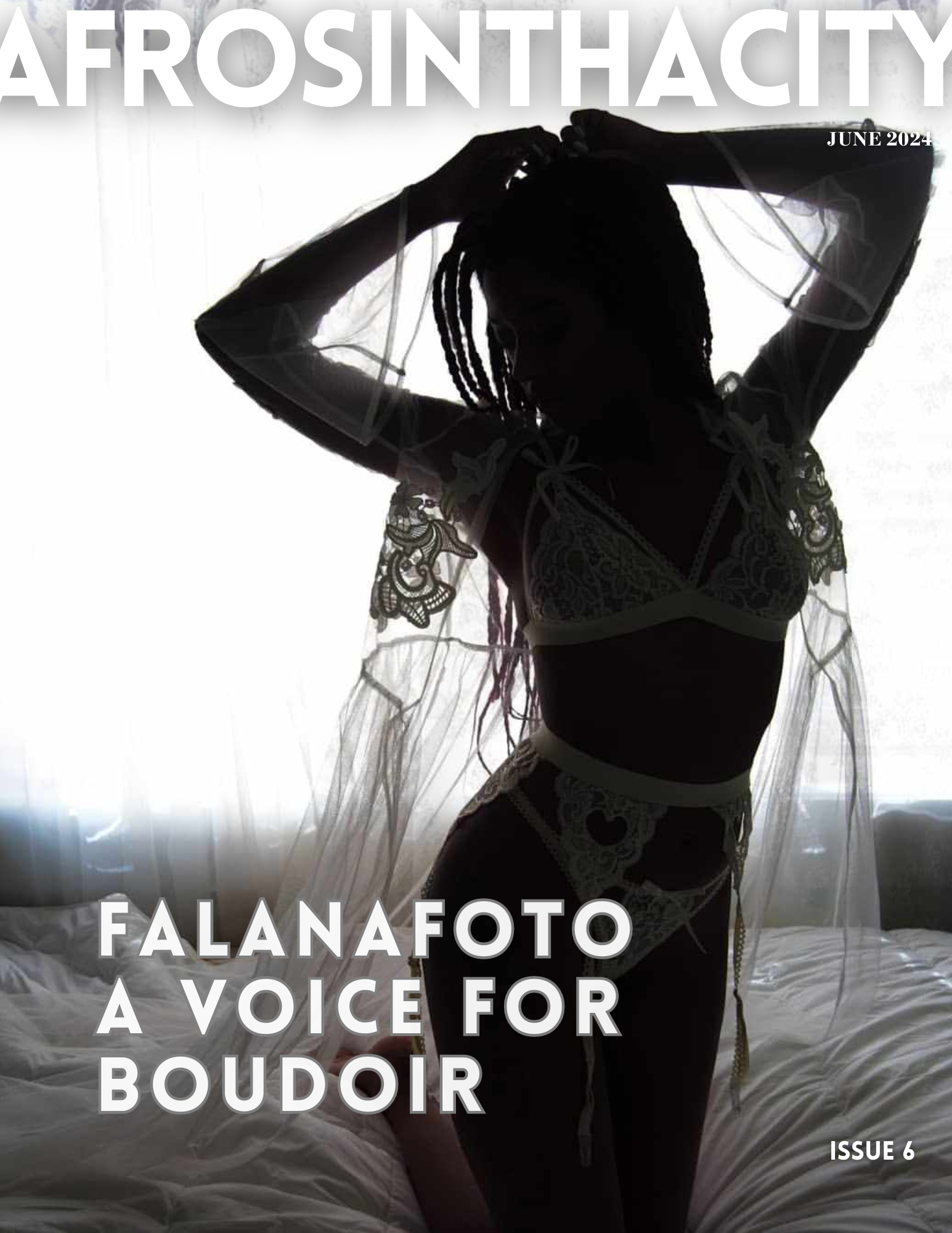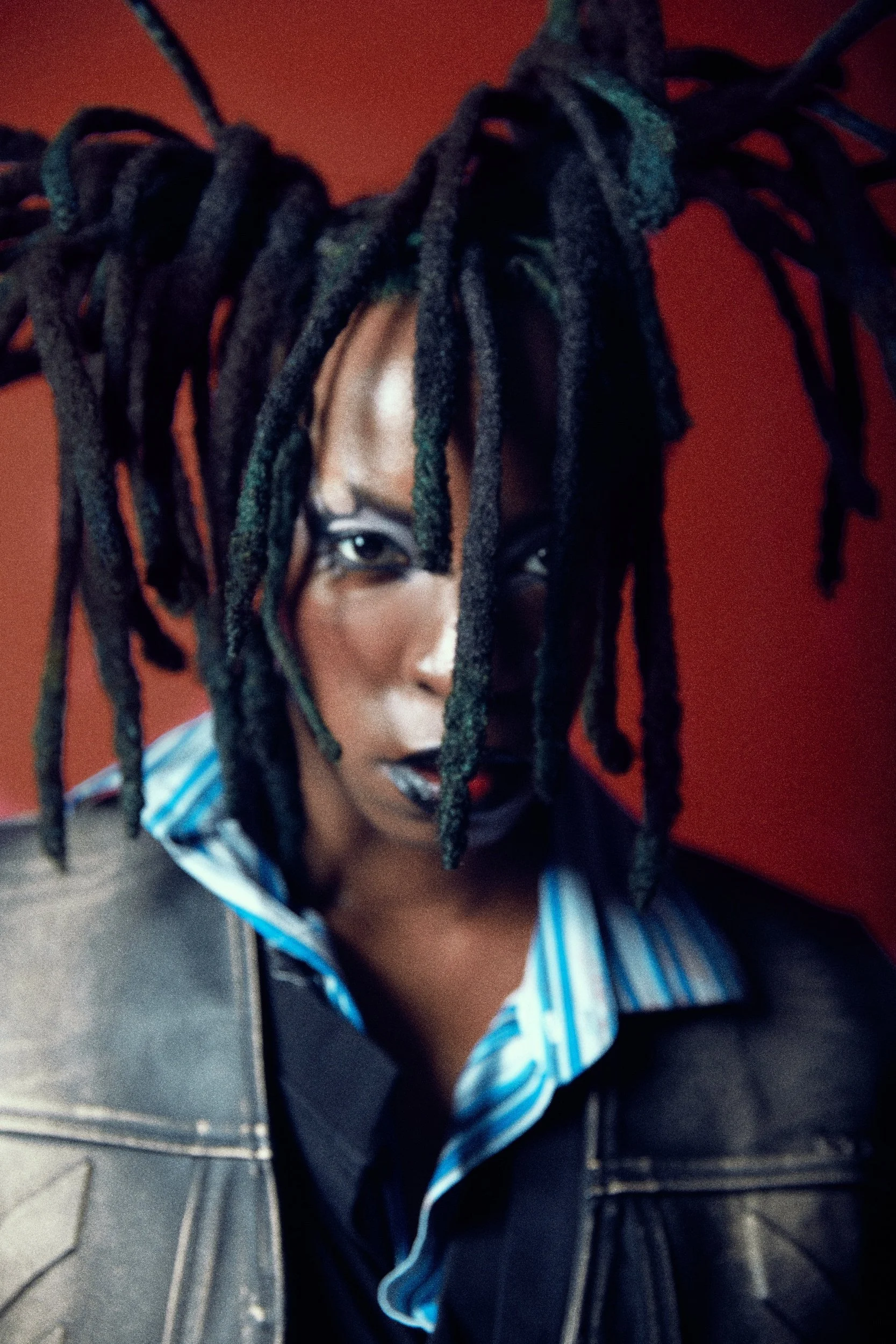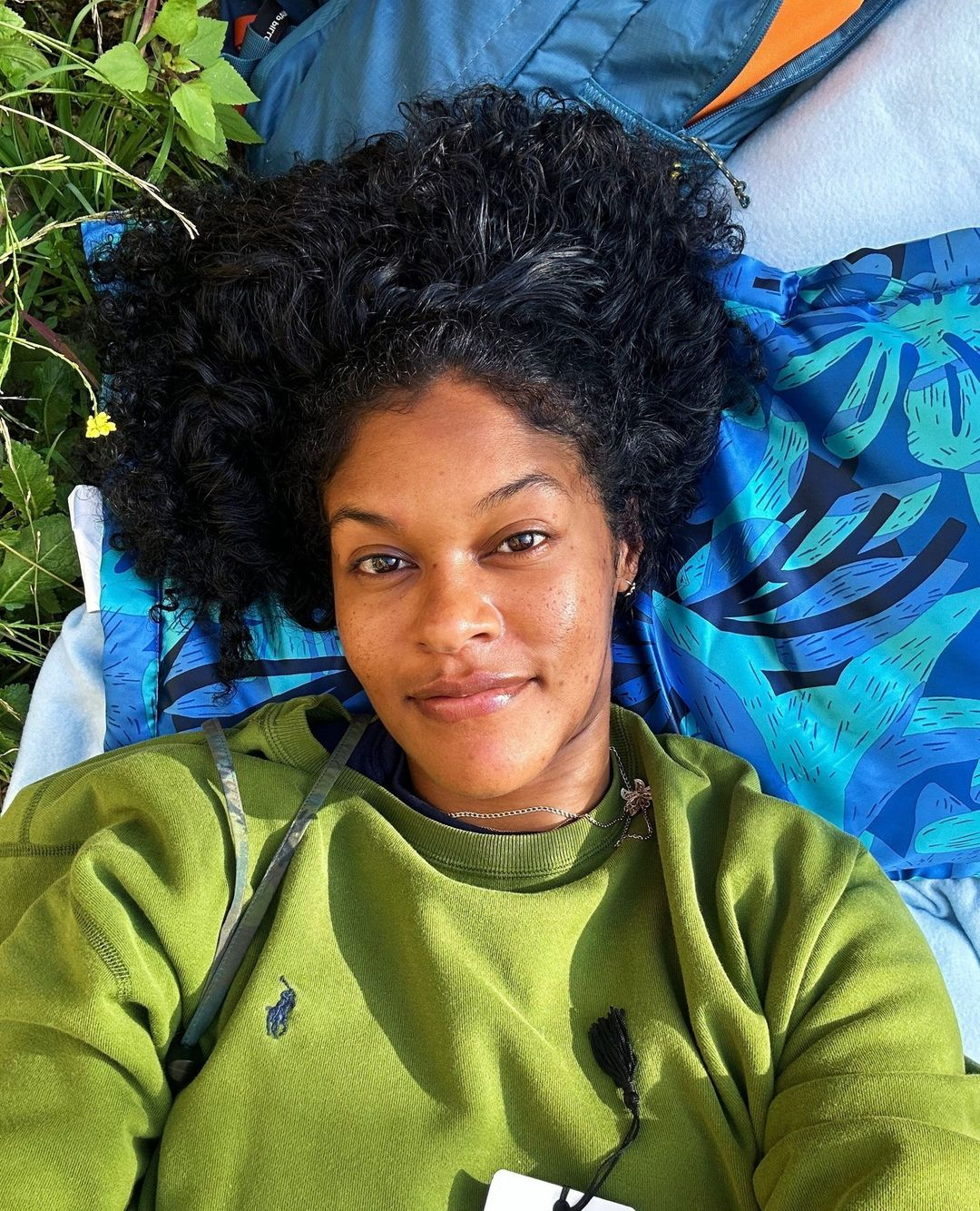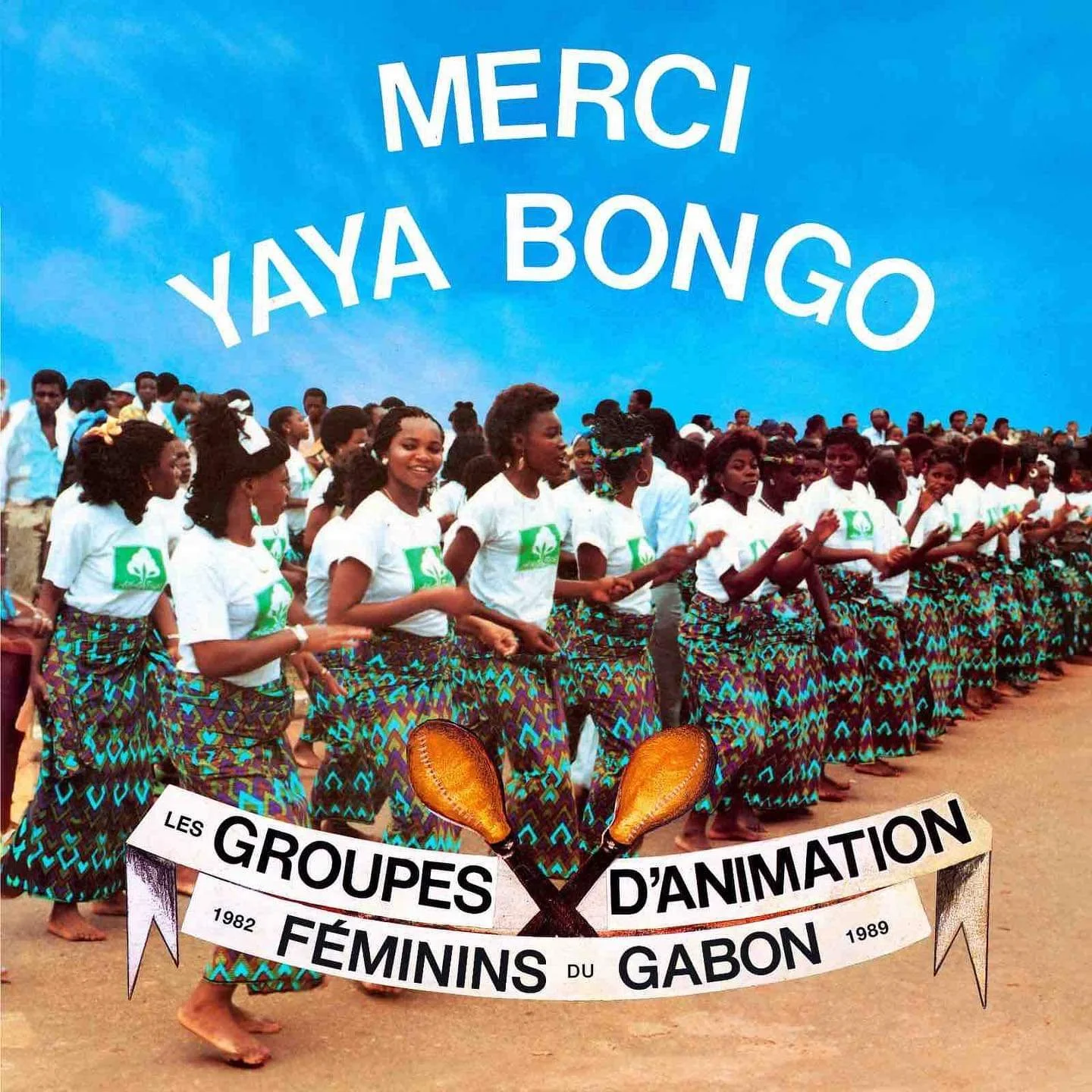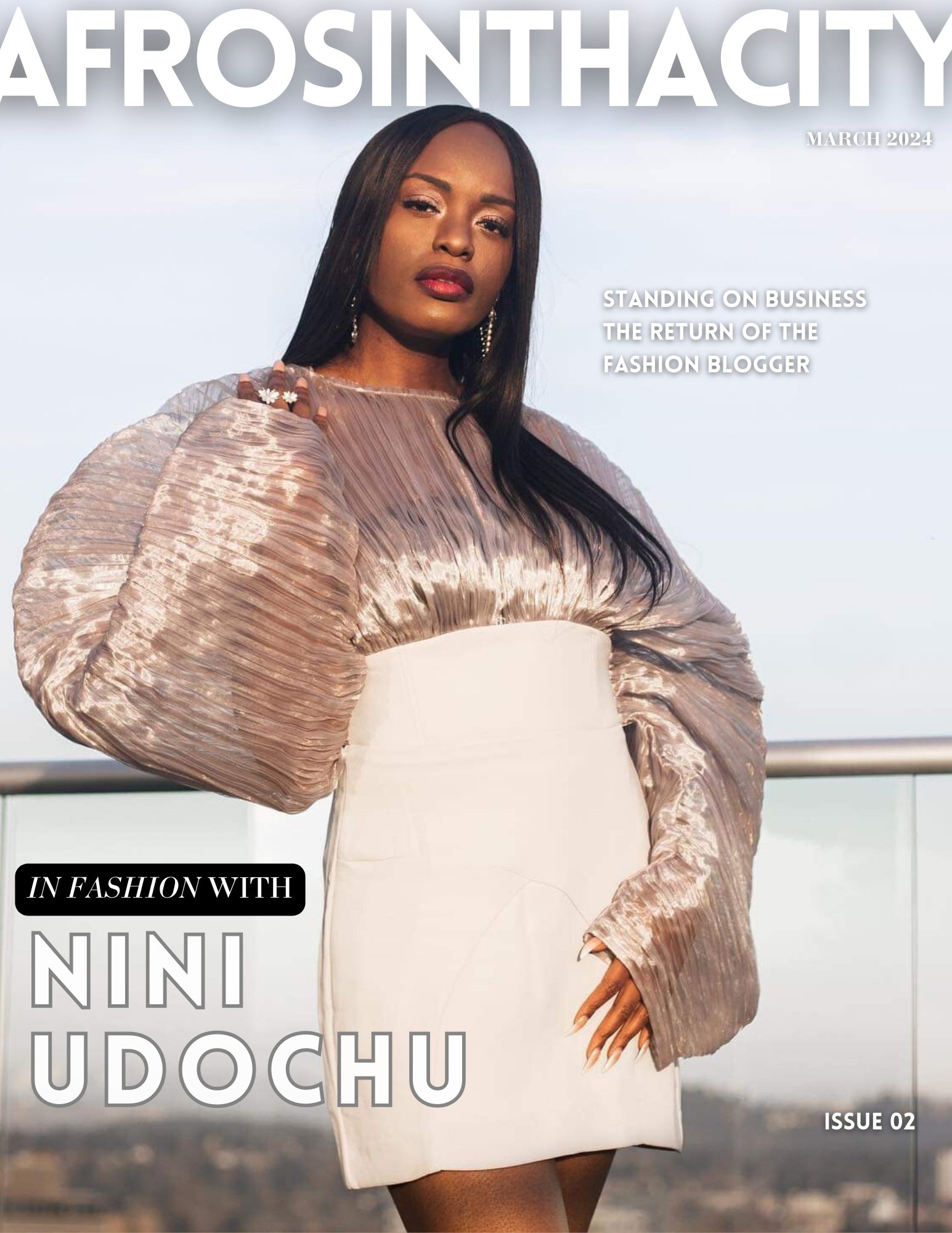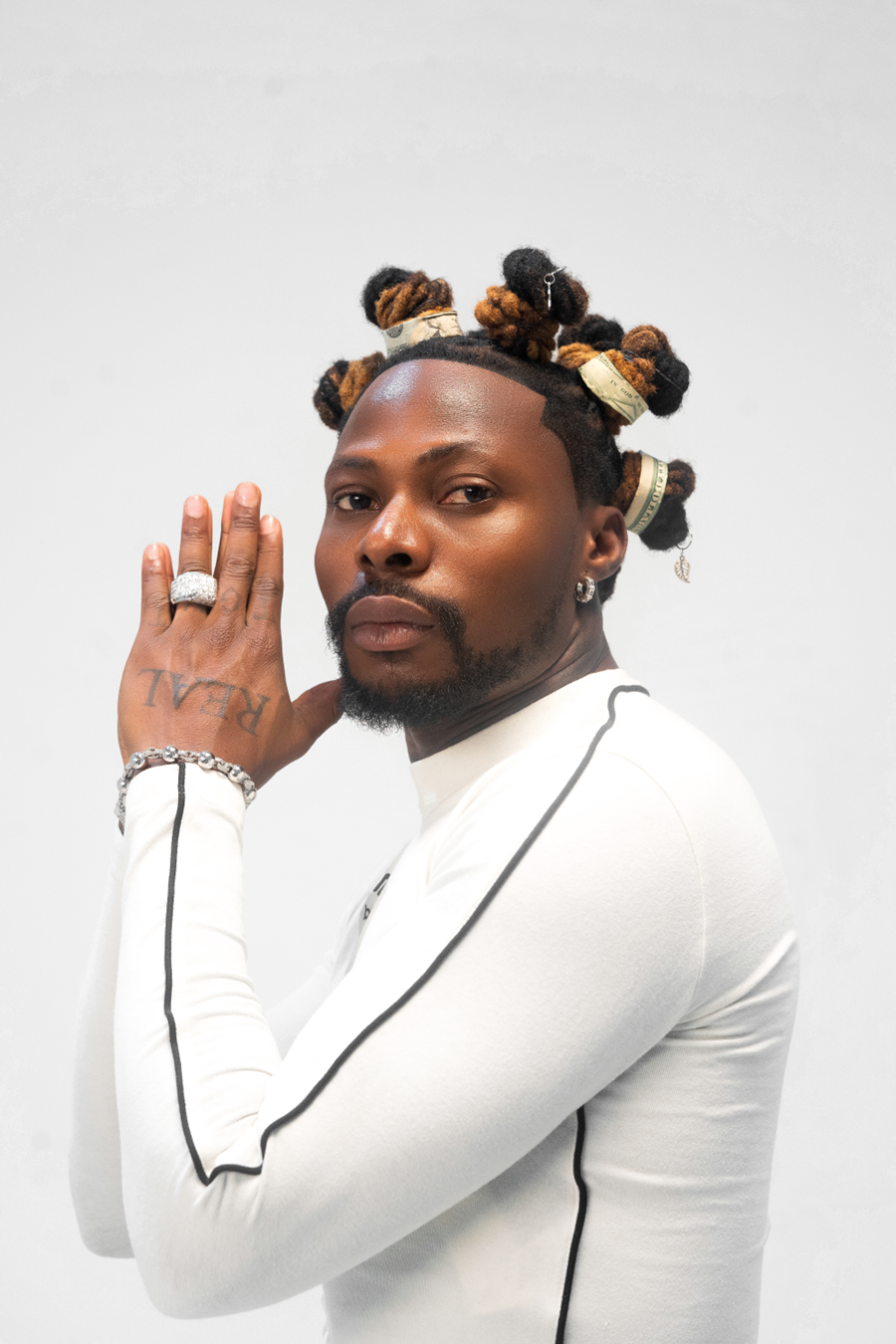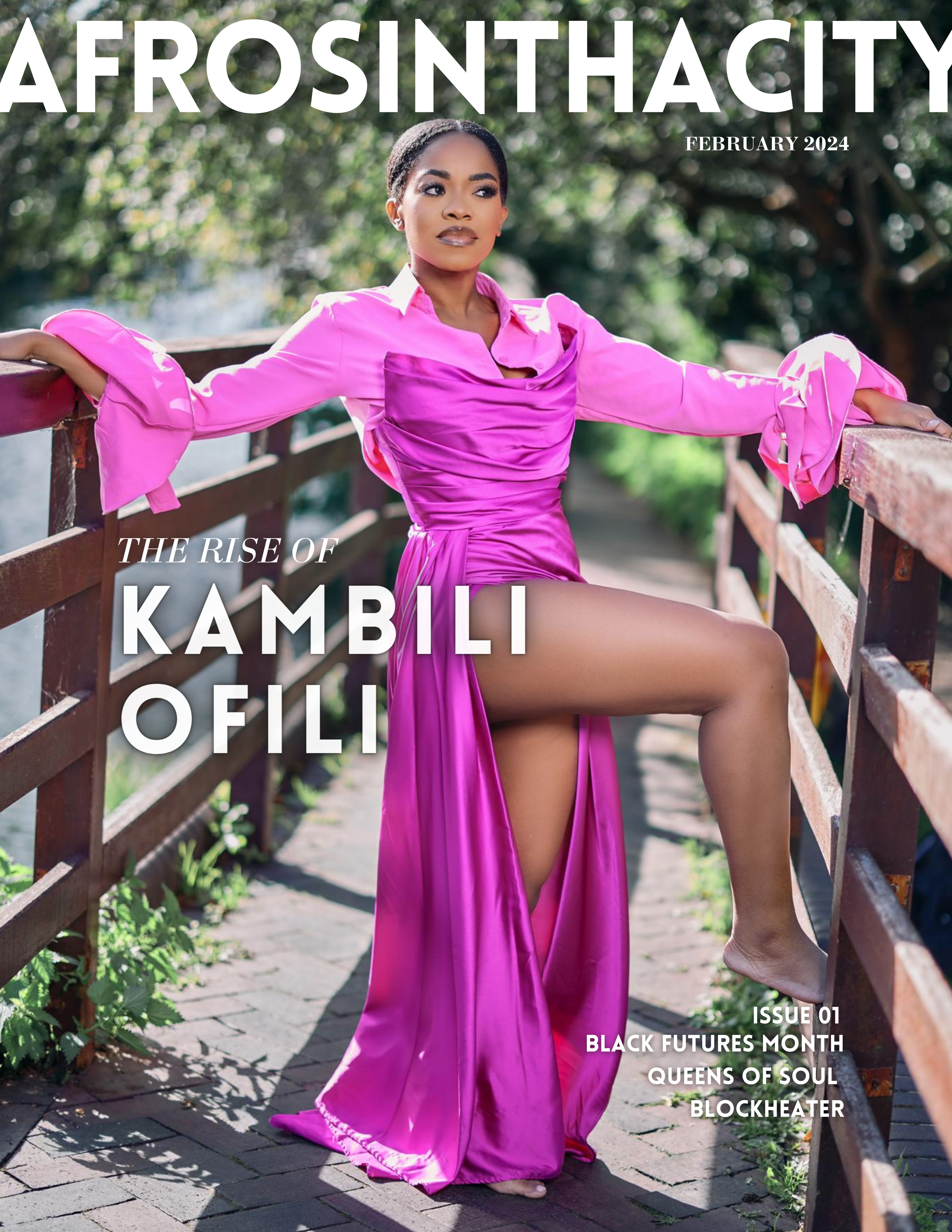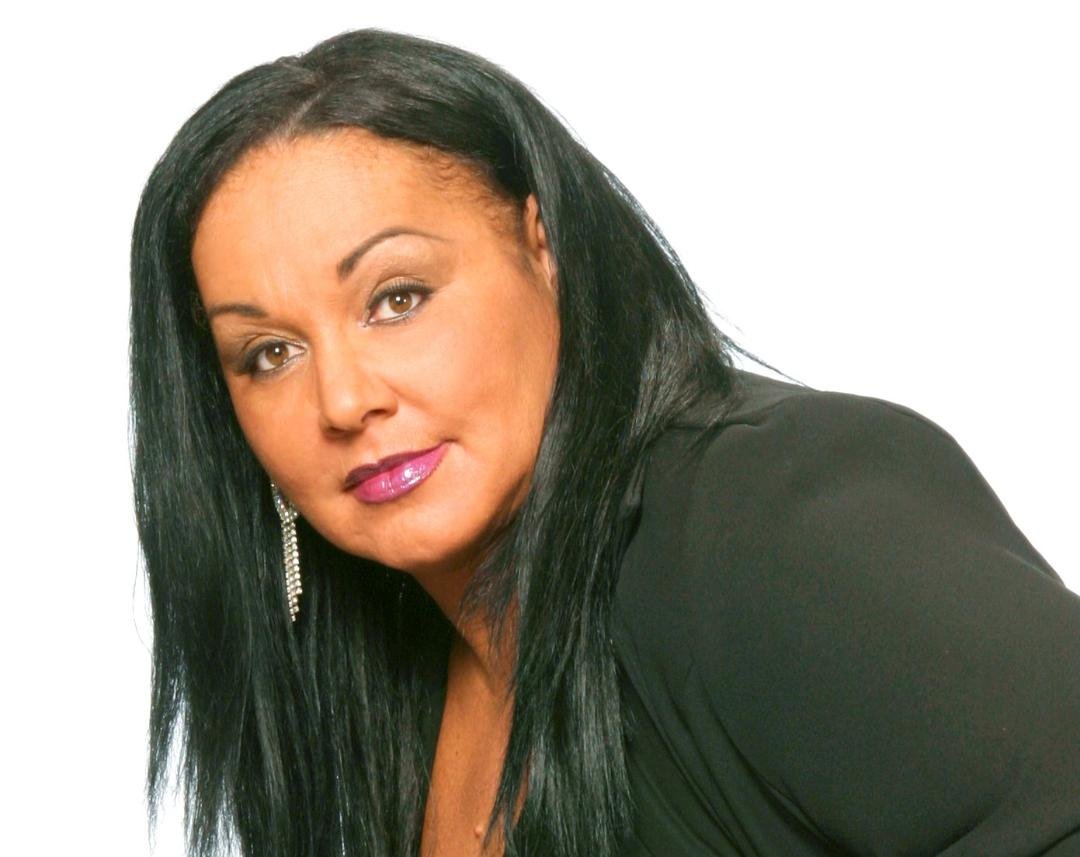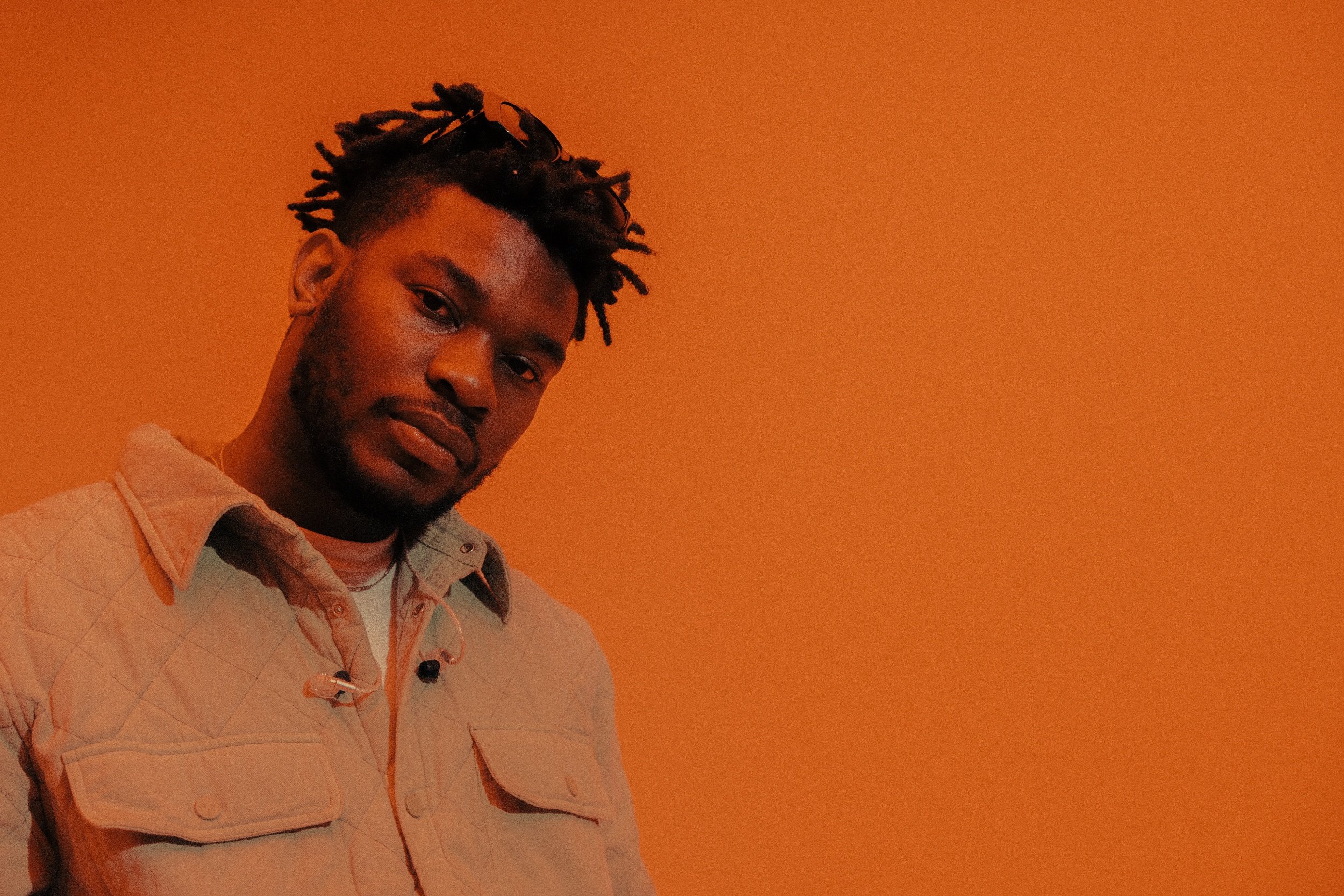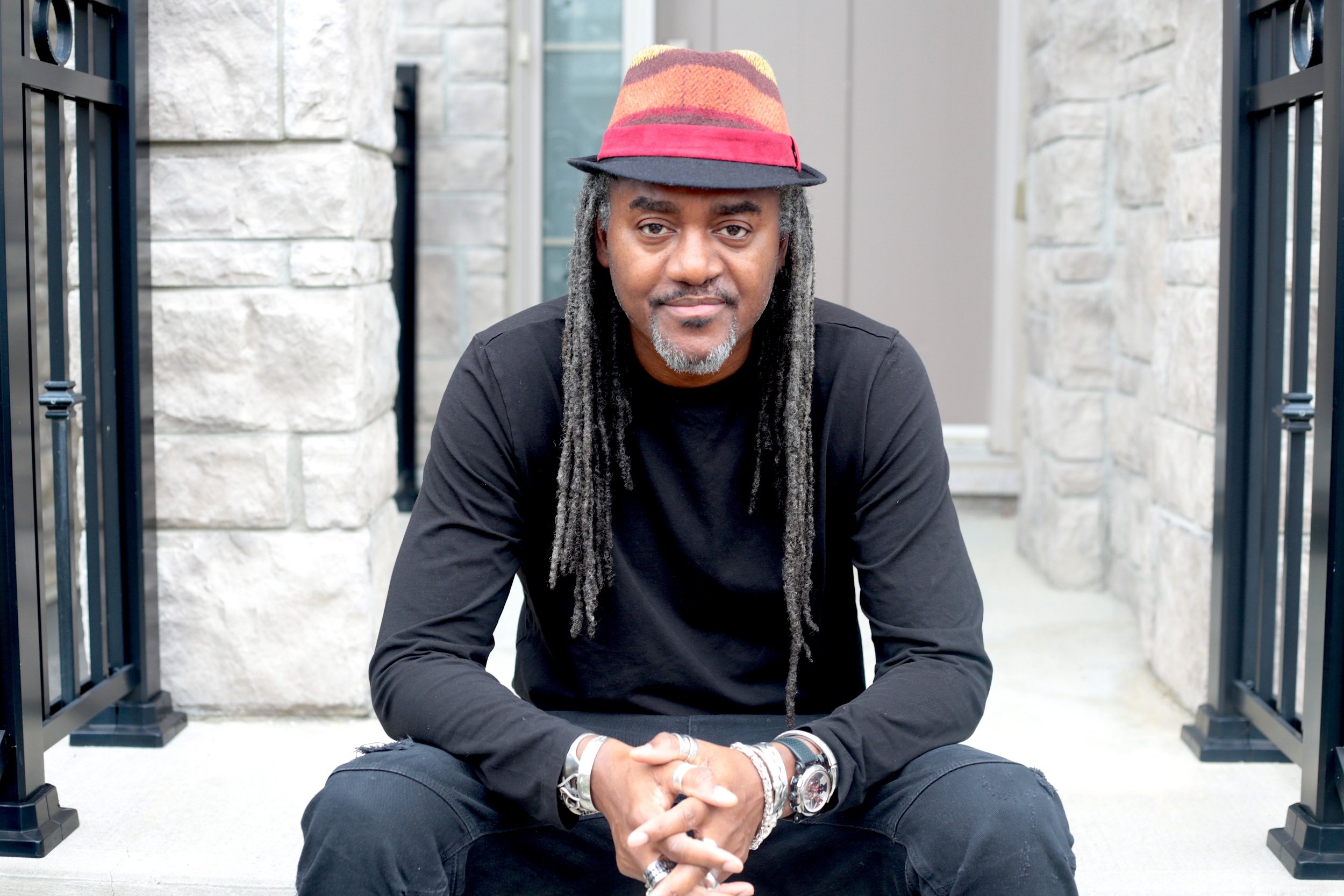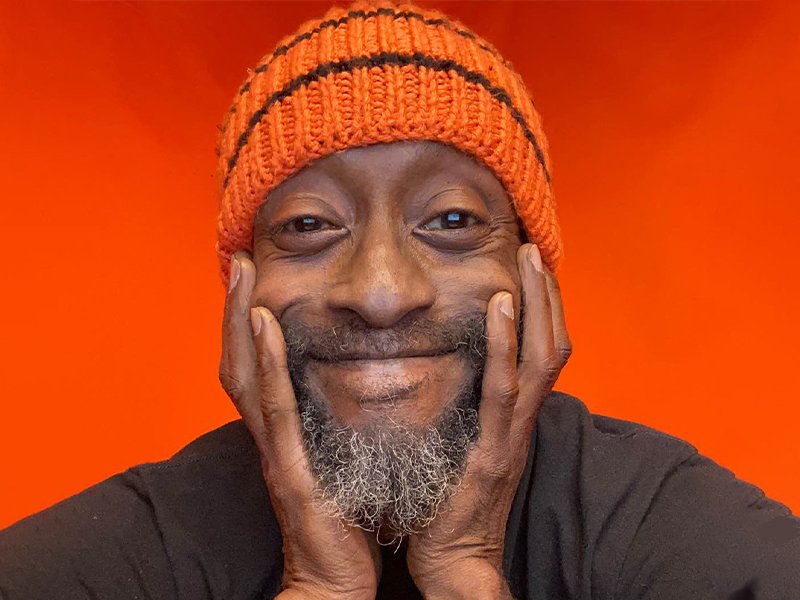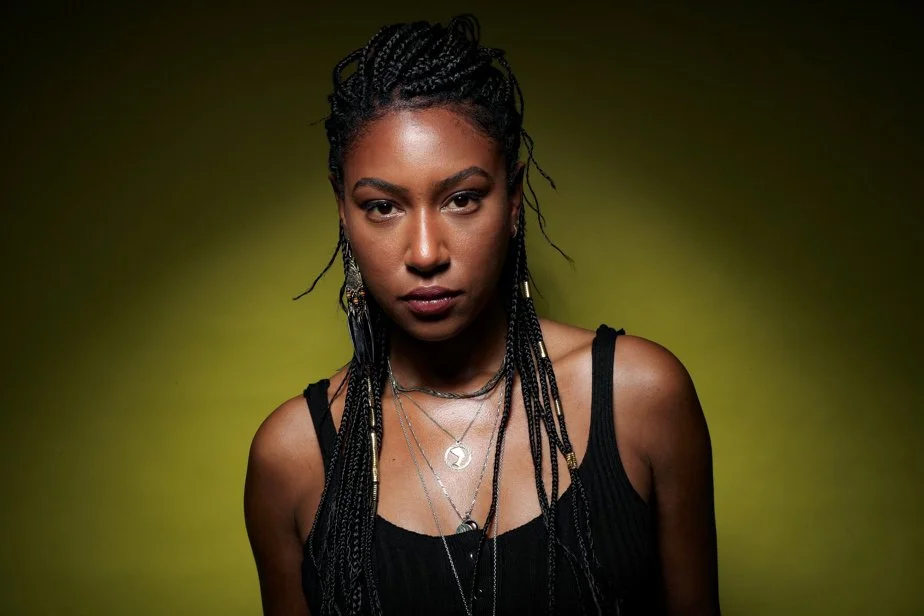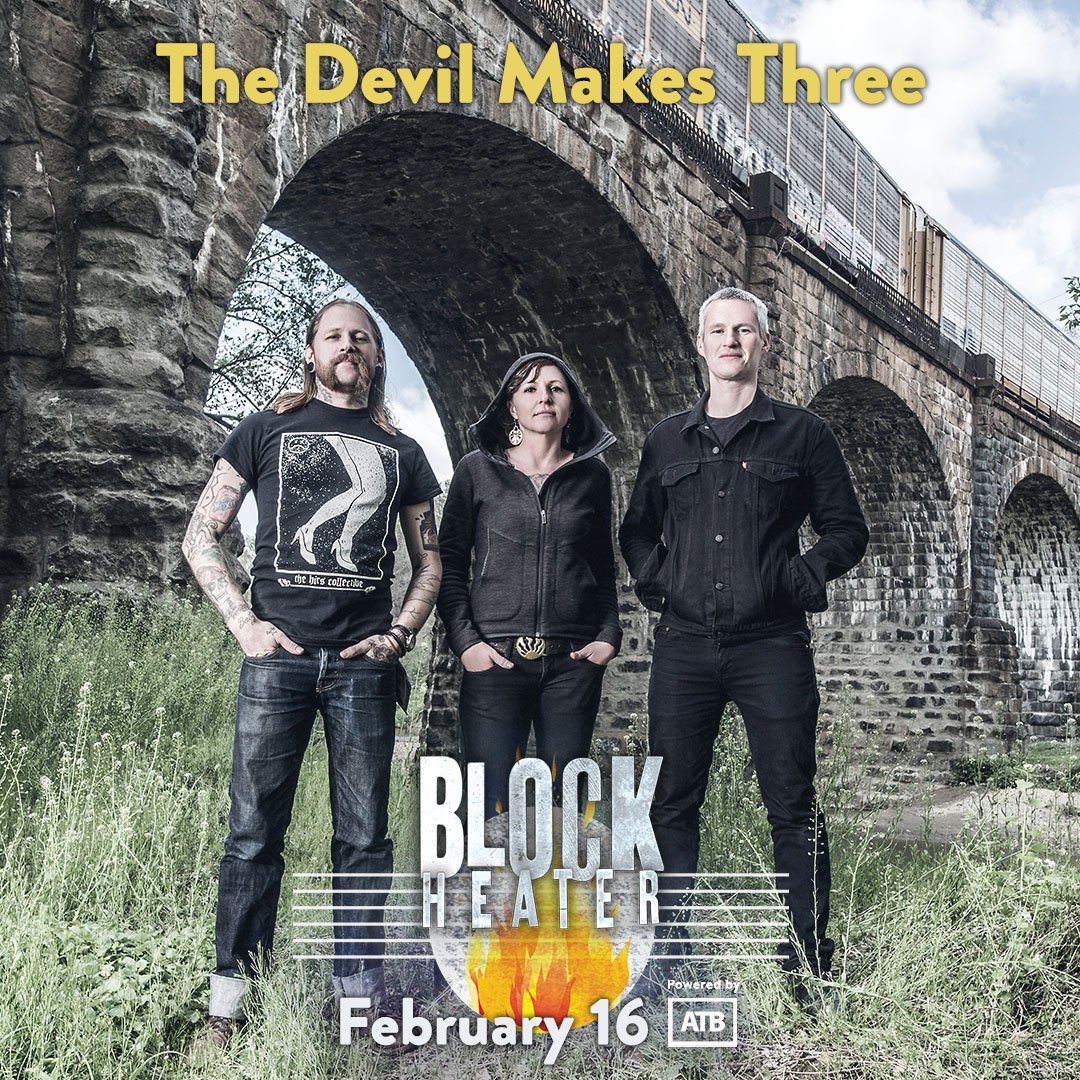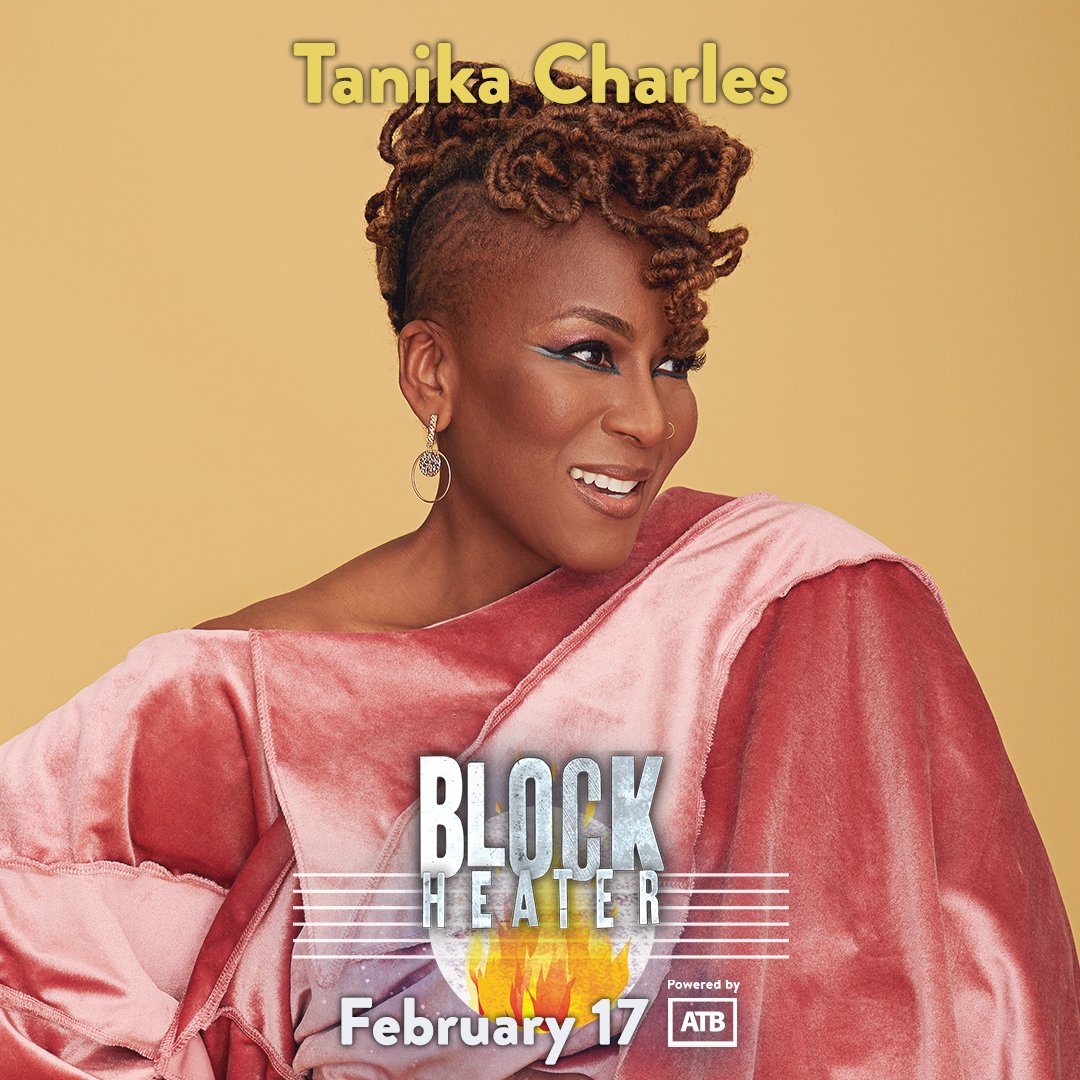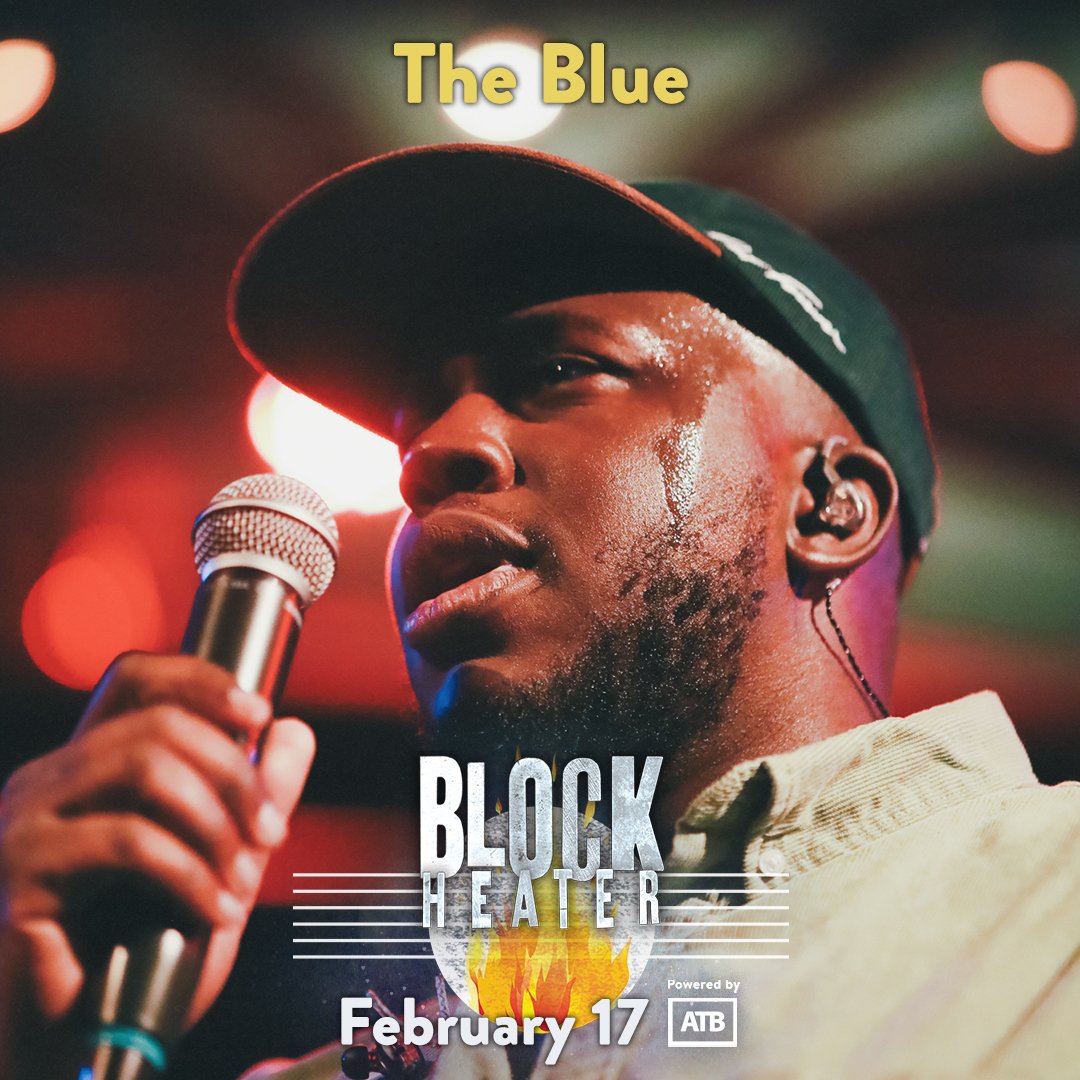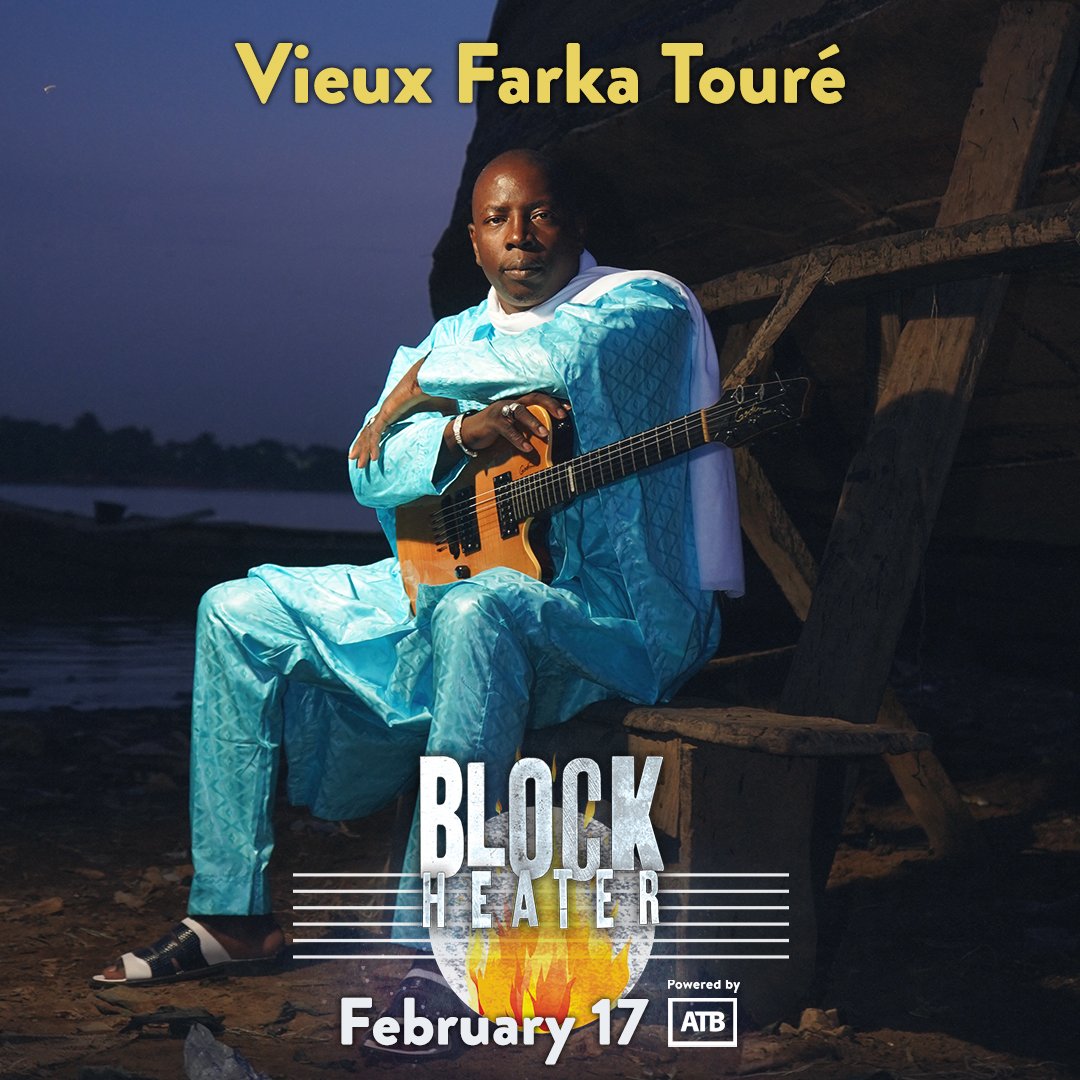Some days, I just want to sing the blues. Not just because powerhouse blues singers Shemekia Copeland and Dawn Tyler Watson are coming to perform here in the Jack Singer Concert Hall at Arts Commons on February 9. Well, because of them, but they make me want to sing the happy blues. Right now, they are the remedy to my current malaise.
What malaise you say? Well, as I encounter another Black History Month, I feel like we've gone backwards in terms of most R&B, pop, hip hop etc. And here it comes, nostalgia for the ‘90s and early aughts. I remember when Lauren Hill and India Arie felt free to loc their hair while Ciara whipped her blond back and forth. Black women could be any and everything. But now, it seems like the focus is narrowing. It feels like, whenever I start to admire some exciting new talent with a fresh unforced look, something happens. My new faves transform, like a bad magician trick, into the same Beyonce-Riri-Cardi-Minaj-Meg barely dressed Glamazons, spitting very similar explicit lyrics. And yeah, I know, Beyoncé has her deep moments. Yet it feels like the look and vibe and power have turned even her dreadlocked proteges into leather-corseted "boss bitches." Which can get a little one-note after a while.
They call it empowerment, but I am not so sure. And it's not just the wardrobe. It's the meaning. The blues remind us of what we've overcome as Black people. Music right now seems to be focused on what we can get.
Copeland and Watson, pioneering blues artists, give zero hoots about the faux empowerment fame cycle. Instead, the artists have the enduring, resilient stories of Africans in America imprinted on their voices, rhythms and songs. Both are powerhouse, award-winning performers who proudly carry the torch of the blues musical tradition - to which country music, rock n roll, R&B, soul music and even hip hop owe a debt.
Winner of a wildly large number of awards (over 70), Shemekia Copeland has a quiet, contemplative energy that complements her dynamic onstage persona and vocal immensity. In joyously defiant songs like "Will You Take My Blood?" the blues virtuoso challenges racial prejudice - in the honest, raw and direct way that only the blues can. She has been nominated for several Grammy awards, including a nod for an album that powerfully addresses school shootings.
The depth of her songs is reflective of the multi-award winner's introspection, thoughtfulness and passion for change. That thoughtfulness took on a whole new dimension when she became a mom. "I wanted to, in some small way, make the world a better place. Reminding people we are all the same. That might sound silly, very 'Mother Theresa'", she jokes self-effacingly, "but that's why I did 'Will You Take My Blood?'"
Along the same impassioned lines, Juno Award winner Dawn Tyler Watson takes us on journeys of love and life, loss and gratitude with her work. The hits on her Juno Award-winning album "Mad Love" can be at once brooding and playful, mournful and galvanizing. Like Copeland, 1 Watson has an electric stage presence. It's one that transcends the rottenness in music right now. Her emotional commitment plays out in front of your very eyes. No high-tech special effects are needed.
Copeland and Watson redefine Diva-hood as it's played out in the hip-hop-infused music realm of say, R&B or pop. Don't get it twisted, it's not that both these singers want glamour and overall fabulousness. They both manage to exude beauty and dynamism while holding a space for the roots of the blues - the "field hollers" on plantations, the gospel songs in the black church, and the chain gang songs of black men disproportionately imprisoned under Jim Crow. But rather than being mere traditionalists, both ladies have managed to innovate within the form. It's as if they hold the past, present and future in their powerful, resonant lungs.
Their work takes the form of a calling, rather than a career. Watson was born in Britain and raised in London, Ontario - as about as far away from the Mississippi Delta as a person can get. While musical, her childhood was spent within the sedate strains of a Catholic church choir. As a teenager, Watson found herself on a tumultuous path. "I partied a lot. A lot. Dangerously a lot. It was a friend who saw the path I was on and got me to join her in Montreal and audition for the Concordia Music Program."
After she graduated, the singer experimented with various genres of rock, pop and soul. Destiny set in during one fateful concert performance when her rendition of a blues song took the audience by storm. Their response was like nothing she'd ever seen before. She'd found her groove. The blues, Watson claims, "chose me".
Speaking of being born with it, it might seem that blues music was engraved upon Shemekiya Copeland's soul. She is the daughter of blues legend Johnny Copeland. Like Watson, however, her embrace of the genre was not inevitable or even expected. Shemekia was asked to sing onstage at the tender age of ten at, of all places, the legendary Cotton Club in Harlem, where she grew up. The Club's mythos didn't phase her.
"I didn't like it. Why am I here with all these old people is what I thought." The singer laughs at the term "old". "In reality, they were all ten years younger than I am now. But I was ten." As Copeland grew into her own, her stirring vocals could have landed her in the hype and hoopla of mainstream soul/R&B/pop/rock. But by the time Shemekia was in her twenties, she knew she wasn't about to conform.
The singer states,
"It takes all kinds of music to make the world go round. But I don't have a need to perform like anyone else but me. My mom always told me, 'Know who you are. Stand in your truth.' For me, I feel wonderful. I feel so good, knowing my value, knowing my worth. And moving forward from there. There's a difference between popularity and legendary." -Shemekiya Copeland
Ain’t that the truth.
With the sound of a million mics dropping, I hope this Black History Month finds everyone focusing on the legendary, the enduring, and their own true worth.
Feel free to get dressed.
Melanee Murray-Hunt















































